The drop-curtain resembles a granite slab on which the genius’s name has been carved for all time. The festival of Pinter at the Harold Pinter Theatre feels like the inauguration of a godhead. And it’s not easy to separate the work from the reverence that surrounds it. Pinter One consists of sketches and playlets written in the period after 1980 when the author abandoned his anarchic underclass comedies and set about analysing power and its abuses.
Already a subscriber? Log in
Subscribe for just $2 a week
Try a month of The Spectator Australia absolutely free and without commitment. Not only that but – if you choose to continue – you’ll pay just $2 a week for your first year.
- Unlimited access to spectator.com.au and app
- The weekly edition on the Spectator Australia app
- Spectator podcasts and newsletters
- Full access to spectator.co.uk
Or
Unlock this article
You might disagree with half of it, but you’ll enjoy reading all of it. Try your first month for free, then just $2 a week for the remainder of your first year.

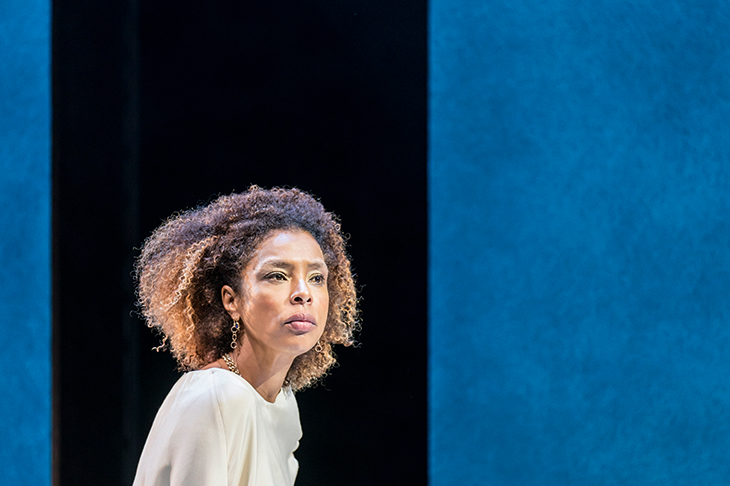

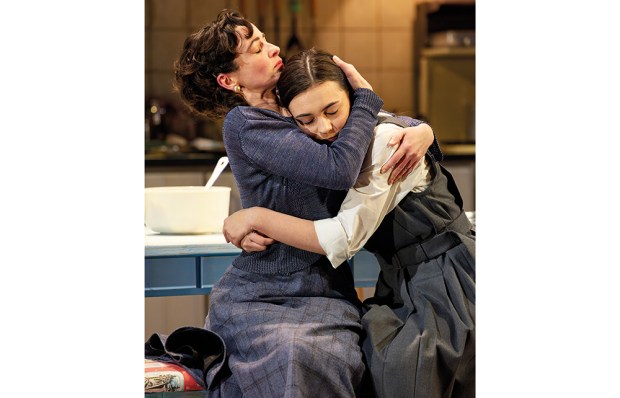

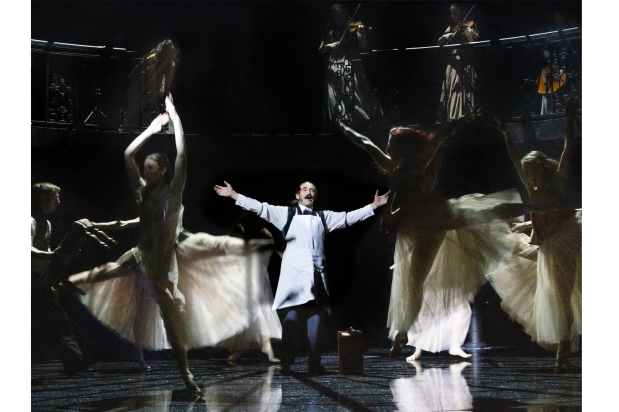
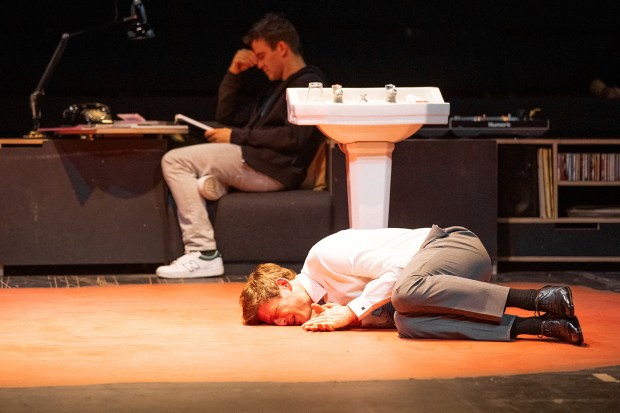
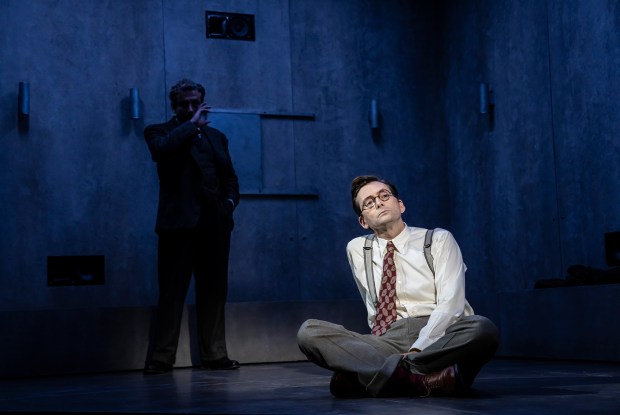






Comments
Don't miss out
Join the conversation with other Spectator Australia readers. Subscribe to leave a comment.
SUBSCRIBEAlready a subscriber? Log in